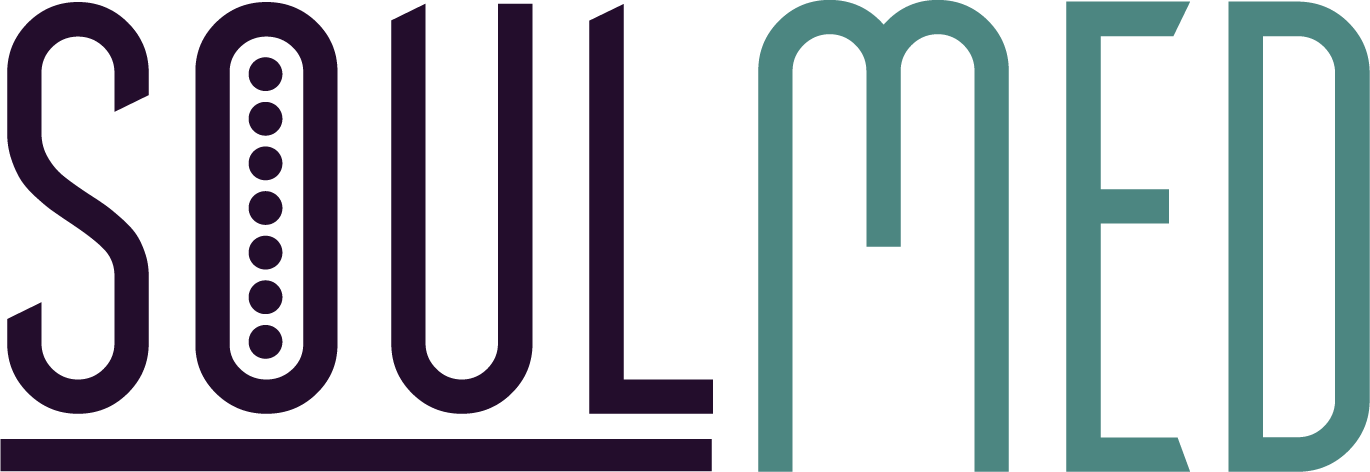We often think of our bodies as intricate systems of organs and tissues working together to keep us alive and thriving. But at the heart of this intricate system is a lesser-known yet powerful force: hormones. These tiny molecules have a hand in almost every aspect of our bodily functions, from regulating our sleep patterns to controlling our metabolism. And, just as they have the power to maintain balance and harmony, hormone imbalances can wreak havoc on our physical and mental health.
Understanding Hormones: The Basics
Generally, hormones are chemical messengers produced by the endocrine glands. They travel through the bloodstream, telling tissues and organs what to do. For example, insulin helps regulate blood sugar levels, while thyroid hormones control metabolism. And it's not just about physical functions; hormones are pivotal in influencing our mood, mental health, and overall well-being.
Imbalanced Hormones and Mental Health
A hormonal imbalance can manifest in numerous ways, from mood swings and anxiety to depression and insomnia. For instance, imbalances in serotonin, often termed the happiness hormone, can lead to feelings of sadness, irritability, and depression. Similarly, fluctuations in estrogen and progesterone, particularly during the menstrual cycle or menopause, can greatly impact mood and cognition.
For Black women, there's an added layer of complexity. Historical and systemic disparities in healthcare access, coupled with societal stresses like racism, can exacerbate hormonal imbalances. These disparities might also make Black women more susceptible to conditions like polycystic ovary syndrome (PCOS) or thyroid disorders, which can influence mental health.
Nutrition, Hormones, and Weight
One significant factor that can impact hormonal balance is diet. Consuming highly processed, sugary, or fatty foods not only influences weight but can also disrupt hormonal harmony. A diet low in essential nutrients can compromise the functions of the thyroid gland, hinder insulin regulation, and amplify stress hormones like cortisol. For Black women, specific dietary habits and cultural cuisines might need to be carefully navigated to ensure they receive hormone-balancing nutrients.
Eating for Hormonal Harmony: Tips for Women
1. Prioritize Protein: Incorporate lean protein sources like fish, poultry, legumes, and tofu into your diet. Protein provides the essential amino acids necessary for hormone production.
2. Opt for Omega-3s: Fatty acids, particularly omega-3s found in fatty fish, chia seeds, and walnuts, can help reduce inflammation and maintain cell membrane health, which is crucial for hormone function.
3. Boost Fiber Intake: Fiber helps detoxify excess hormones and regulate blood sugar levels. Sources include whole grains, fruits, and vegetables.
4. Minimize Sugar and Refined Carbs: High sugar and refined carb intake can lead to insulin resistance, which may result in weight gain and disrupt other hormonal processes.
5. Incorporate Cruciferous Vegetables: Broccoli, cauliflower, and Brussels sprouts can help balance estrogen levels.
6. Stay Hydrated: Drink enough water daily. It aids in hormone transport and overall cellular function.
7. Limit Caffeine and Alcohol: Both can disrupt endocrine functions and negatively influence hormonal balance.
Understanding the role hormones play in our health is essential for overall well-being. Especially for Black women, who may face unique challenges and vulnerabilities, prioritizing hormone health through nutrient-dense foods can be a key to unlocking a balanced mental and physical state. By taking small, proactive steps in our daily lives, we can harness the power of hormones to work for us rather than against us.


